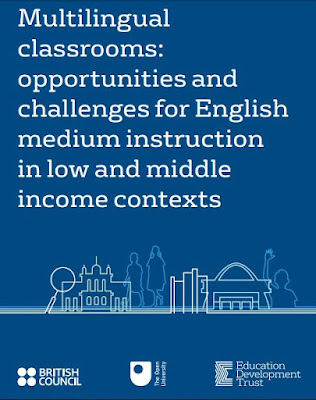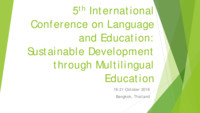PALASH Multilingual Education Program of Jharkhand
Jharkhand is a state full of tribal communities and therefore has a rich palette of languages. The state government is implementing the National Curriculum Framework and has launched the PALASH Multilingual Education Program which aims at enhancing learning outcomes in all subjects by integrating children's first languages in primary education. Good to note that they are consulting with Language Learning Foundation, UNICEF and other agencies. It will be interesting to watch where it will land in the spectrum between the "pedagogically ideal" and the "political feasible" when it comes to implementation. The PALASH Multilingual Education Program launched by Jharkhand aims to improve access to education for tribal children by integrating mother tongue-based multilingual education (MTB-MLE). Tribal children often face educational challenges due to the gap between their home language and Hindi, the medium of instruction in most schools. The PALASH program address...





